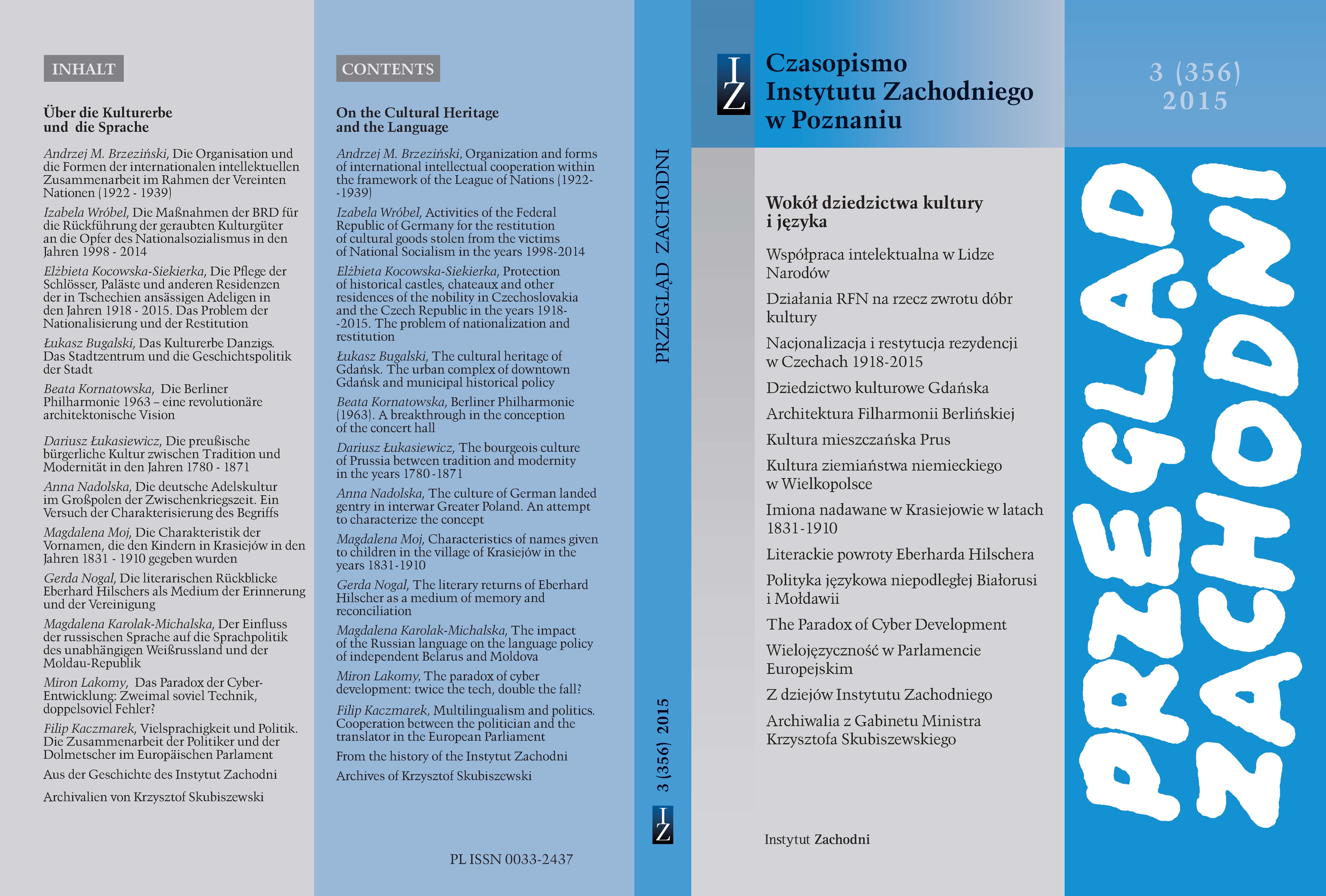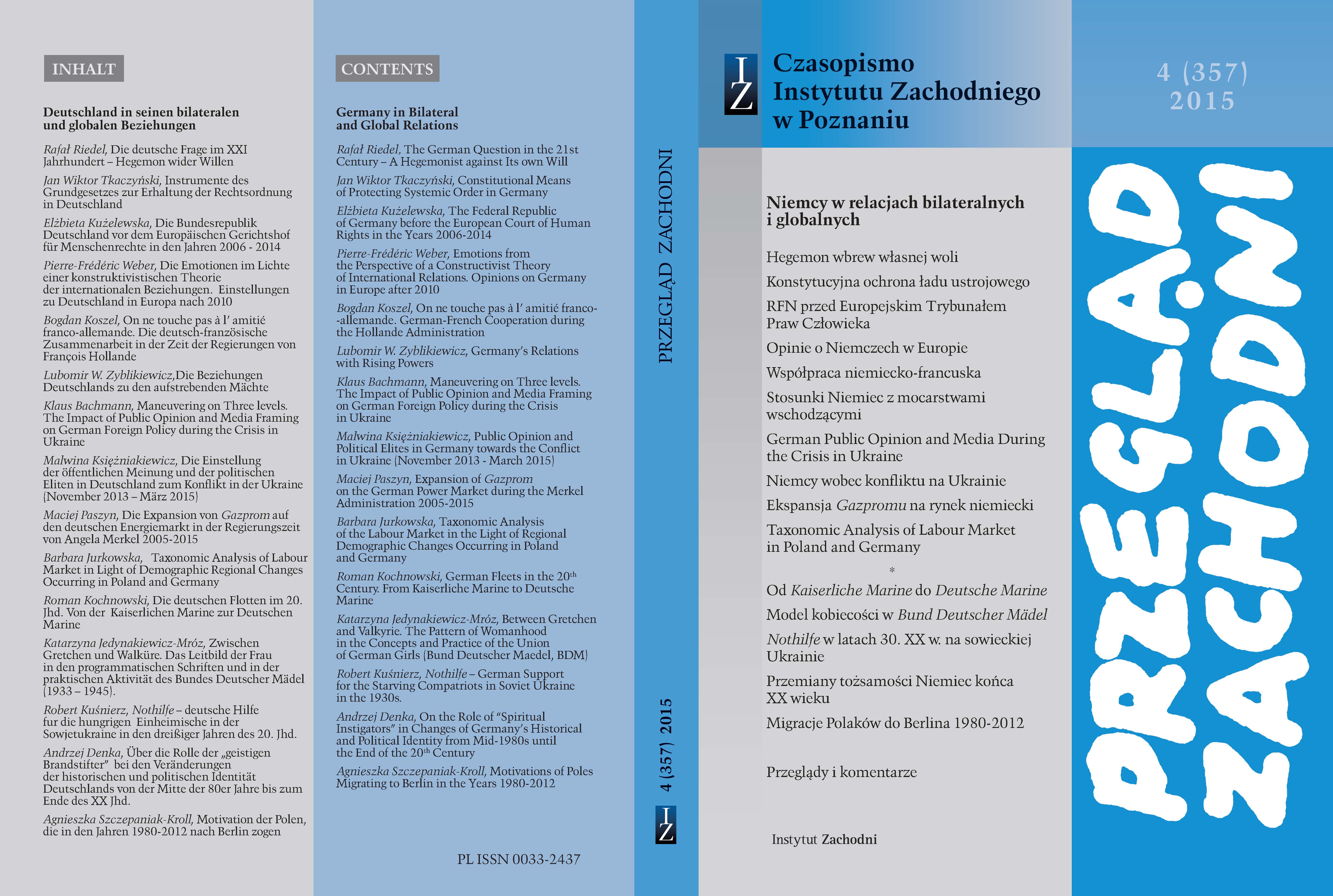
The Economic Partnership Agreements as part of EU development policy
Umowy o partnerstwie gospodarczym jako element polityki rozwojowej UE
Keywords: Economic Partnership Agreements (EPA); Cotonou Partnership Agreement; development policy African; Caribbean and Pacific Group of States (ACP); European Union (EU)
This article concerns the subject of Economic Partnership Agreements. The analyzed agreements constitute an essential element of the reform of commercial relations between the European Union and the African, Caribbean and Pacific Group of States and are a new instrument of the development policy established in 2000 by the Cotonou Partnership Agreement. However, the pro-development character of the Agreements is often challenged. Therefore the purpose of this article is to analyze the Agreements within the context of the development policy of the European Union. The article presents: origins, principles and purposes of the Economic Partnership Agreements, the process of their negotiation, their terms therein and assessment of the potential results of their implementation.
More...

